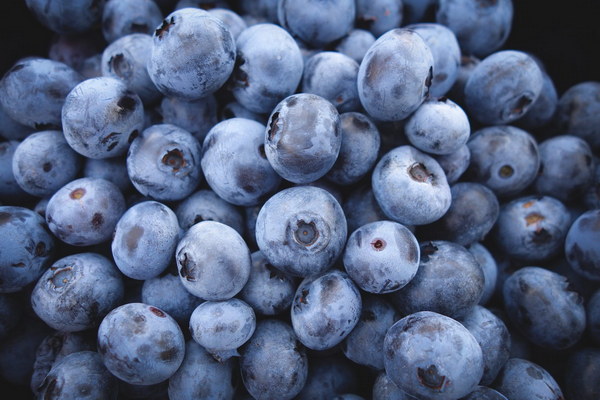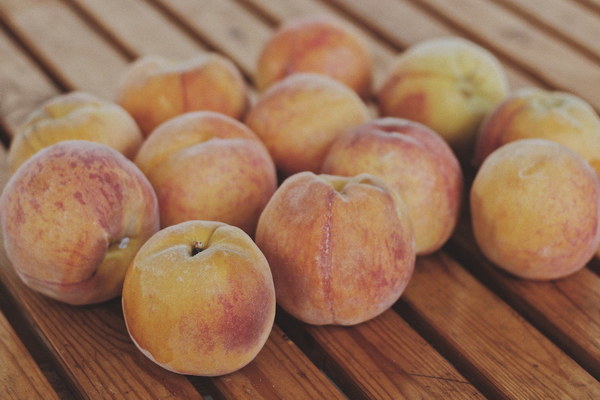Nourishing Your Lungs A Comprehensive Guide to LungFriendly Nutrition
Nourishing Your Lungs: A Comprehensive Guide to Lung-Friendly Nutrition
The lungs are vital organs responsible for oxygenating the blood and removing carbon dioxide. As such, maintaining lung health is crucial for overall well-being. One of the most effective ways to support lung function is through proper nutrition. This article delves into the essential nutrients and foods that can help keep your lungs healthy and strong.
1. Antioxidants: The Lung’s First Line of Defense
Antioxidants play a crucial role in protecting the lungs from oxidative stress, which can damage lung tissue and lead to respiratory conditions. Here are some key antioxidants to include in your diet:
- Vitamin C: Found in citrus fruits, berries, and bell peppers, vitamin C is a powerful antioxidant that can help reduce inflammation and improve lung function.
- Vitamin E: Nuts, seeds, and leafy greens are excellent sources of vitamin E, which helps protect lung cells from oxidative damage.
- Beta-Carotene: Carrots, sweet potatoes, and leafy greens are rich in beta-carotene, which can help reduce the risk of chronic obstructive pulmonary disease (COPD).
- Selenium: Brazil nuts are a great source of selenium, an antioxidant that can help prevent lung cancer and improve lung function.
2. Omega-3 Fatty Acids: The Lung’s Friend
Omega-3 fatty acids are essential for maintaining lung health. These healthy fats can help reduce inflammation, improve lung function, and protect against respiratory conditions. Good sources of omega-3s include:
- Fatty fish: Salmon, mackerel, and sardines are rich in omega-3 fatty acids.
- Flaxseeds: Flaxseeds are a plant-based source of omega-3s that can be added to smoothies, salads, and yogurt.
- Chia seeds: Chia seeds are another excellent plant-based source of omega-3s and can be sprinkled on top of breakfast cereals or mixed into smoothies.
3. Vitamin D: The Sun’s Gift to Your Lungs
Vitamin D is often referred to as the sunshine vitamin because it is produced in the skin when exposed to sunlight. This essential nutrient plays a vital role in maintaining lung health. Good sources of vitamin D include:
- Fatty fish: Salmon, mackerel, and tuna are all high in vitamin D.
- Fortified dairy products: Milk, cheese, and yogurt can be fortified with vitamin D.
- Fortified orange juice: Some brands of orange juice are fortified with vitamin D.
4. Magnesium: The Lung’s Relaxant
Magnesium is a mineral that can help relax the muscles in the airways, making it easier to breathe. Good sources of magnesium include:
- Nuts and seeds: Almonds, cashews, and sunflower seeds are all excellent sources of magnesium.
- Leafy greens: Spinach, kale, and Swiss chard are rich in magnesium.
- Legumes: Black beans, lentils, and chickpeas are also good sources of magnesium.
5. Hydration: The Key to Lung Health

Proper hydration is essential for maintaining lung function. Water helps thin the mucus in the lungs, making it easier to cough up and preventing respiratory infections. Aim to drink at least eight glasses of water per day, and increase your intake if you are physically active or living in a hot climate.
Conclusion
By incorporating these lung-friendly nutrients into your diet, you can support lung health and reduce your risk of respiratory conditions. Remember to consult with a healthcare professional before making any significant changes to your diet or lifestyle. Together, you can create a personalized plan that will keep your lungs healthy and strong for years to come.









